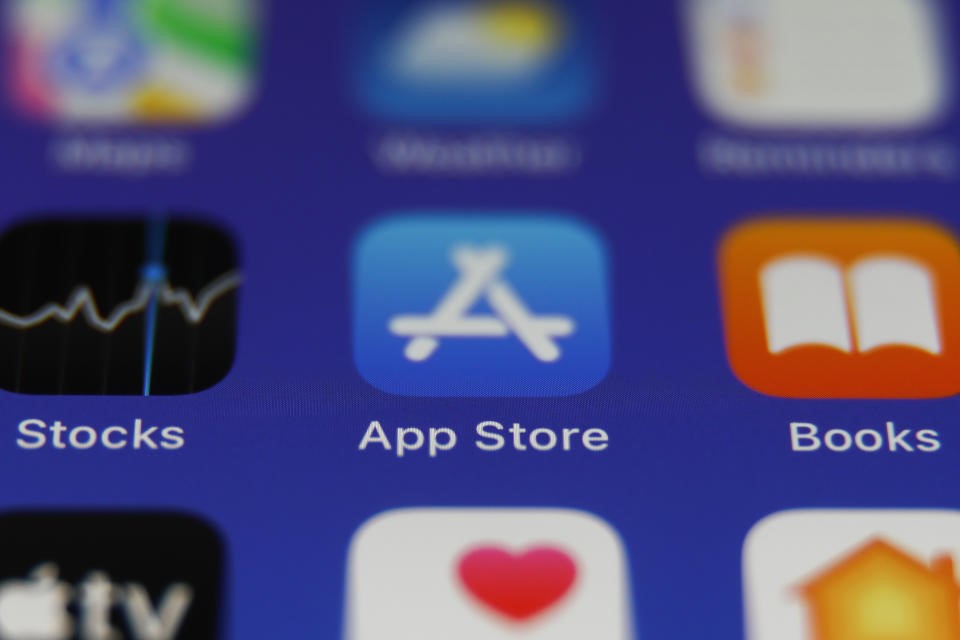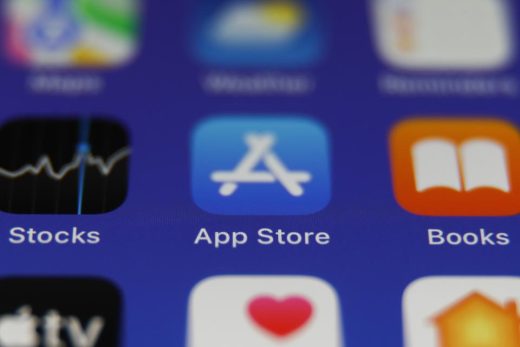Epic Games asks Supreme Court to reconsider Apple antitrust ruling
Epic Games asks Supreme Court to reconsider Apple antitrust ruling
The company previously attempted to force Apple to change its App Store payment practices.

Epic Games has asked the US Supreme Court to review a ruling from 2021 that cleared Apple of violating antitrust laws, according to a Bloomberg report. The Fortnite maker previously claimed that Apple violated California’s Unfair Competition law, stating that the App Store prohibits developers from directing users to other third-party payment systems. The US Ninth Circuit Court of Appeals upheld the 2021 court’s decision back in April, finding that Apple’s practices had “a substantial anticompetitive effect that harms consumers,” but didn’t meet the bar for an antitrust case.
Should Epic win its appeal, Apple could stand to lose a substantial source of revenue. The company takes a cut of all purchases made through its App Store, which can run as high as 30 percent. Epic Games has been the loudest voice protesting this cut, though other companies like Spotify and Tile are also part of the Coalition for App Fairness, which has been pressuring Apple to change its policies. Outside of the US, Epic and its peers have had more success in changing the status quo: Authorities in both South Korea and the Netherlands have ruled that Apple must allow third-party payments, though Apple is still taking a considerable cut as a “transaction fee.” Apple is also rumored to be preparing support for third-party app stores in response to the European Union’s Digital Markets Act.
Bloomberg says the Supreme Court could decide if it will take up the case before the end of the year. In the meantime, Fortnite is still not available on the App Store. It’s been absent since August 2020, when Apple banned the game after Epic added alternative payment methods to bypass the App Store cut.
Epic is also in a legal battle with Google for similar practices. Both Epic and the Match Group, which operates dating apps like Hinge and Tinder, are alleging that Google abuses its control of Android app distribution through the Play Store by establishing unfair fees and requirements for in-app purchases. That trial is supposed to kick off in the next few weeks.
(11)



